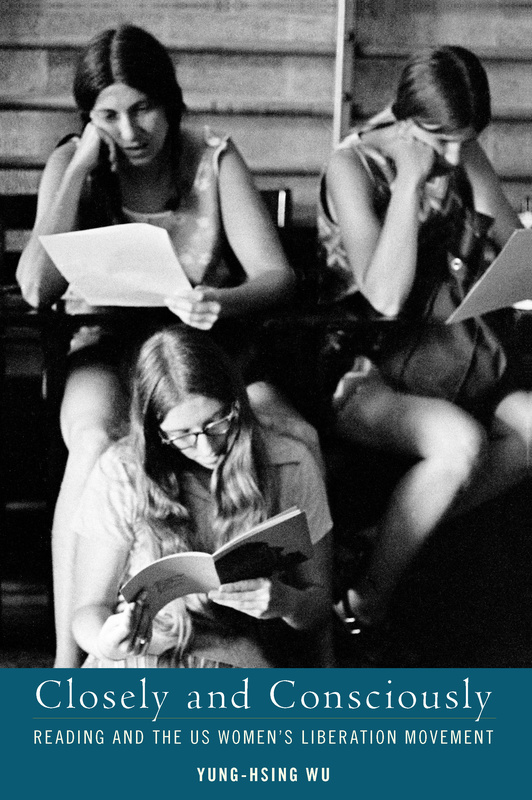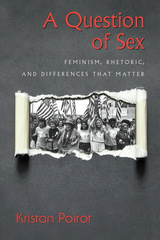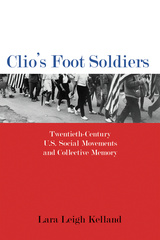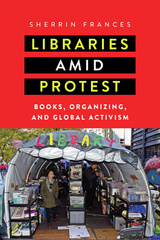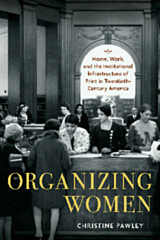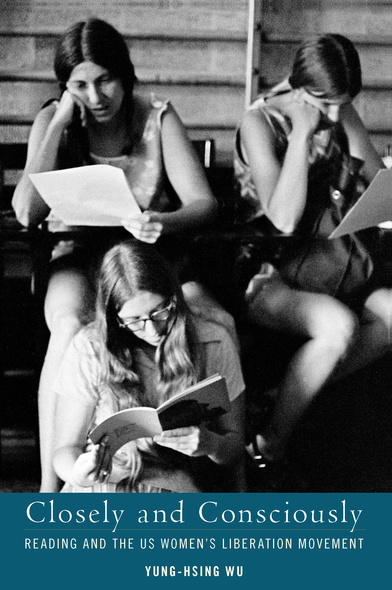
Closely and Consciously
Reading and the US Women's Liberation Movement
The significant archive of writing that came out of the women’s liberation movement in the United States, from 1965 to 1980, speaks to the value activists placed on reading as an act that is at once personal and yet also about the collective good. Yung-Hsing Wu examines the importance of reading—personal, professional, vocational, aesthetic, and always political—and how the act itself brought a host of women, each with their own history with the movement, into relation, and into a belief in that relation. The value given to reading can be seen in the ways feminists pursued media representation; in consciousness-raising (CR) groups including shared reading in their meetings; in women opening bookstores, developing newsletters, establishing journals, and starting presses; and in corporate publishers pursuing feminist fiction.
Closely and Consciously crisscrosses distinct print spheres, including newsletters and periodicals produced by feminist cells and consciousness-raising groups, feminist presses seeking to articulate their visions for women’s writing, the emergence of feminist literary criticism in first-time monographs and newly established journals, personal and editorial correspondence, press records, and the publishing histories of bestsellers that testified to the increasingly broad popularity of women’s writing. Uniting all these disparate activists and media outlets, and providing crucial relationality, was reading. With a mix of close readings and archival research, Wu unpacks and interprets this central act of reading and why it matters during a crucial moment of feminist history.
‘Closely and Consciously is an excellent and timely contribution to feminist literary studies. Wu brings together an archive—an important archive—that has been until now more overlooked in conventional criticism, and she does so in a way that is both exciting and filled with care for the works under consideration and the authors of the books. It is a joy and a delight to read this book and visit with these old friends—and discover new books to read and enjoy.’—Julie R. Enszer, coeditor of OutWrite: The Speeches that Shaped LGBTQ Literary Culture
‘Wu raises powerful questions and provides compelling claims about the place and perception of reading as a (feminist) praxis that, taken together, bring attention to feminist print culture and US feminism’s history through a new framework. She is clearly an expert in women writers and twentieth century US literature, as reflected in her references that range from feminist classics to lesser-cited books by radical feminist authors, and include material pulled from deep archival research.’—Agatha Beins, author of Liberation in Print: Feminist Periodicals and Social Movement Identity

